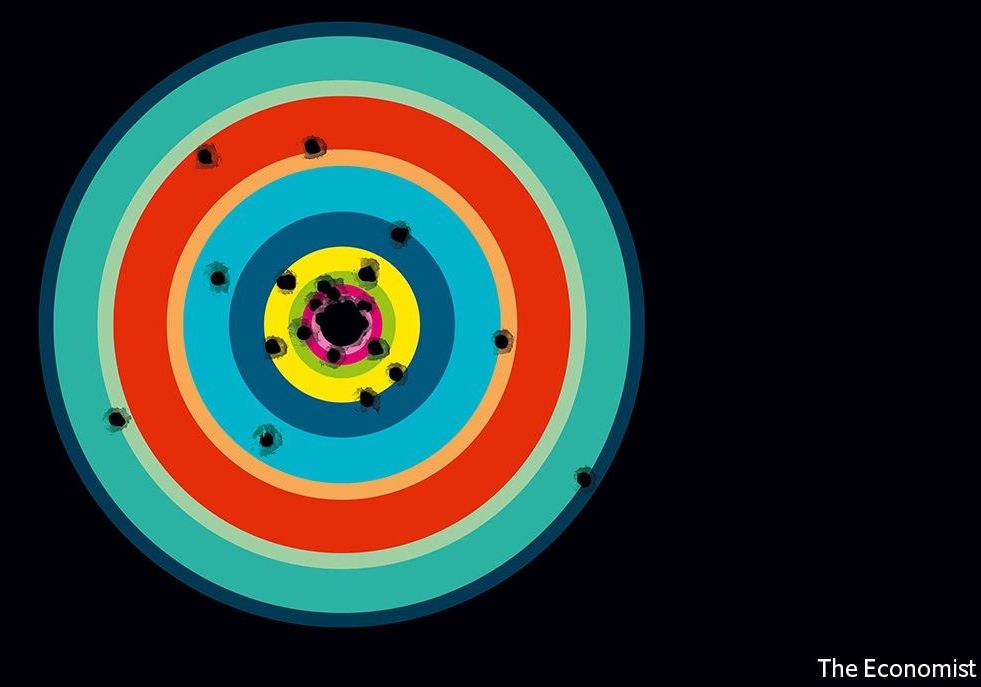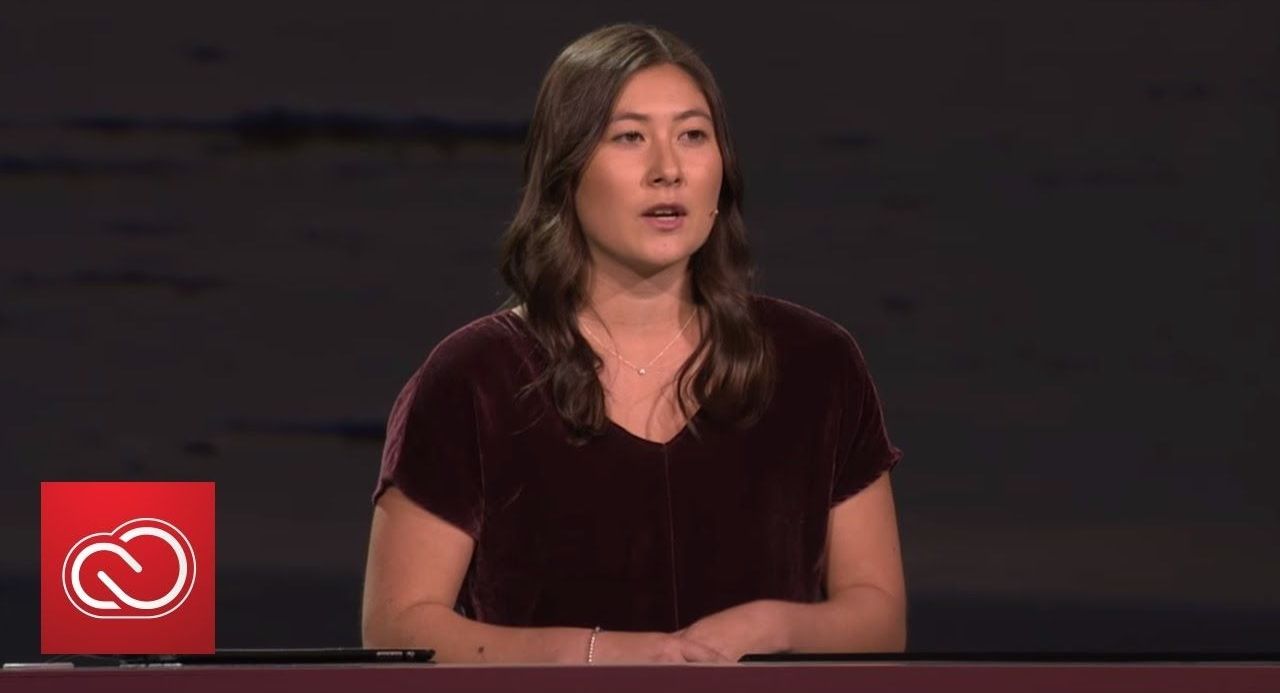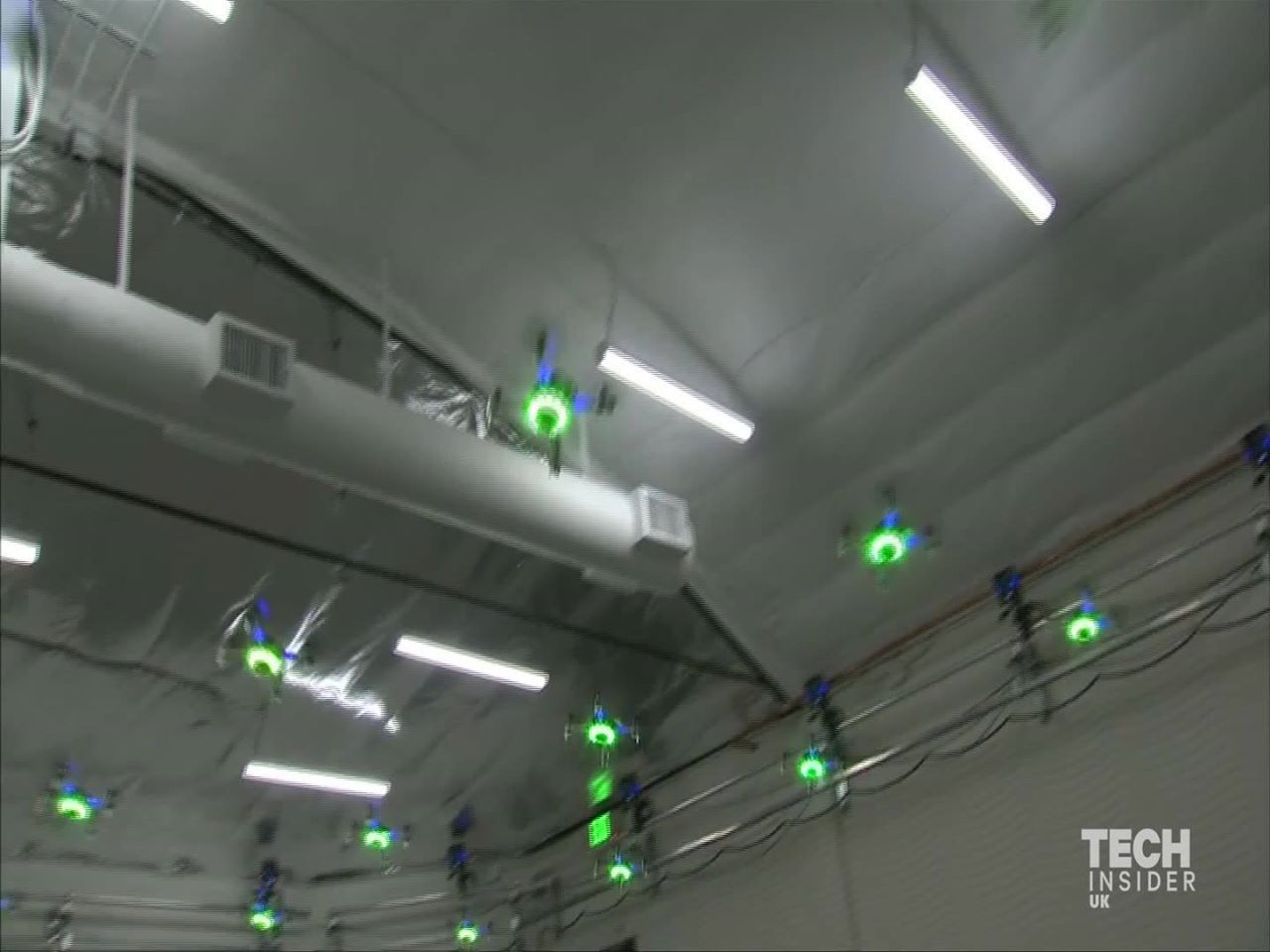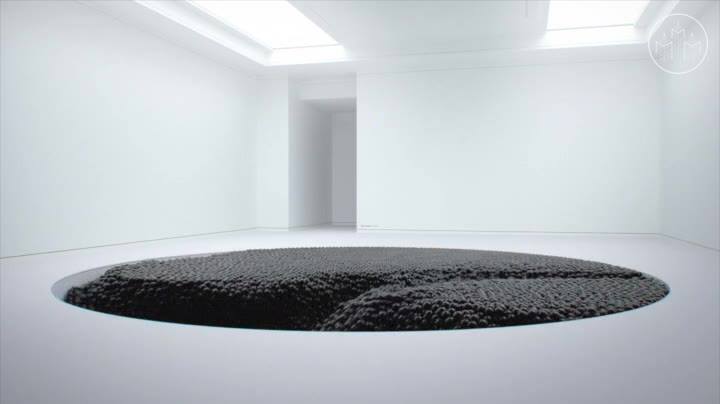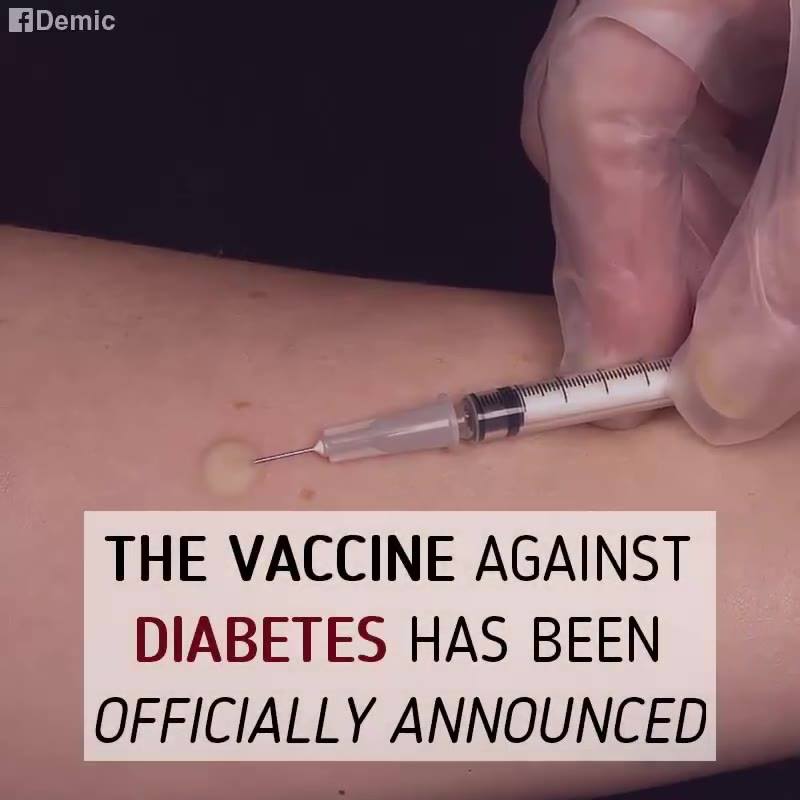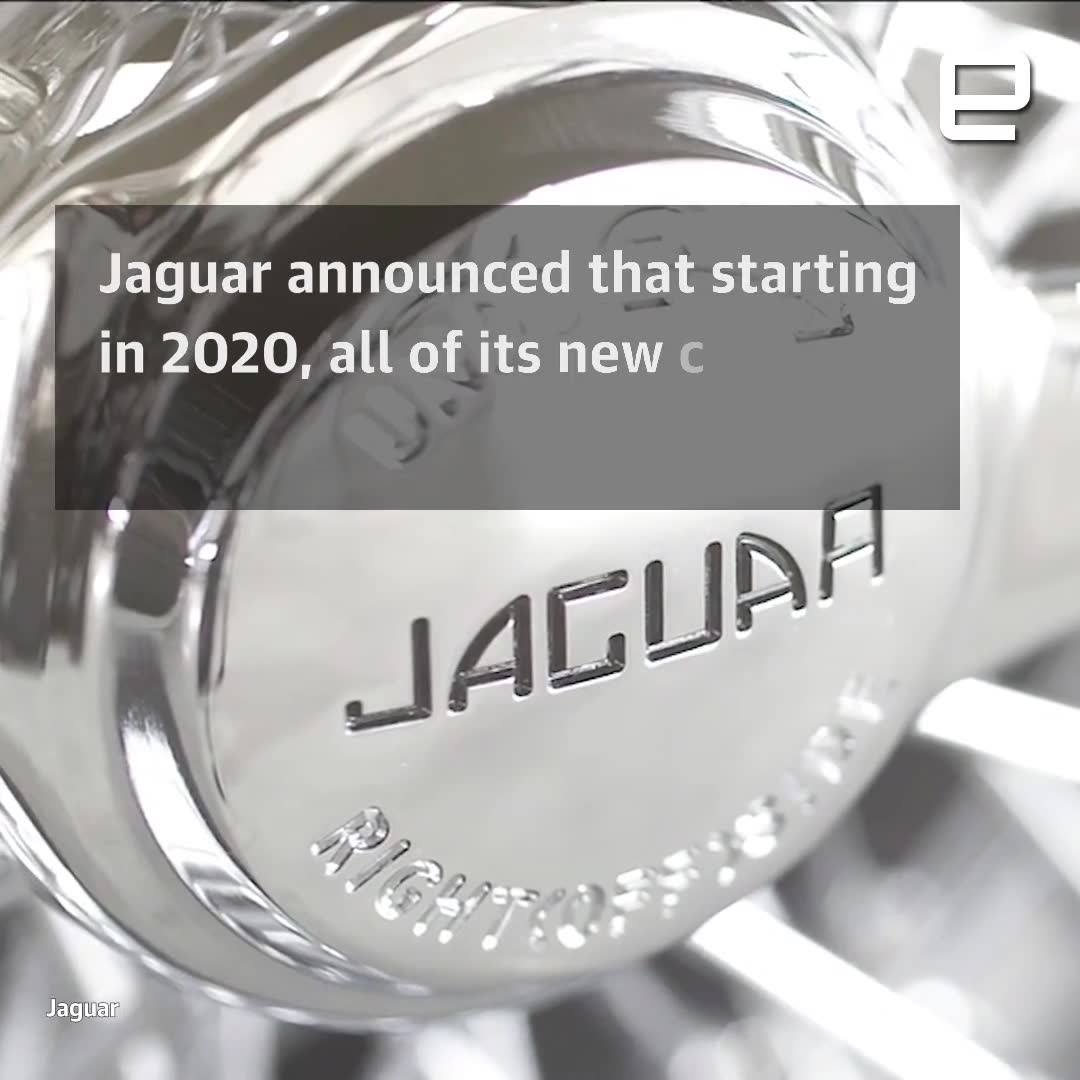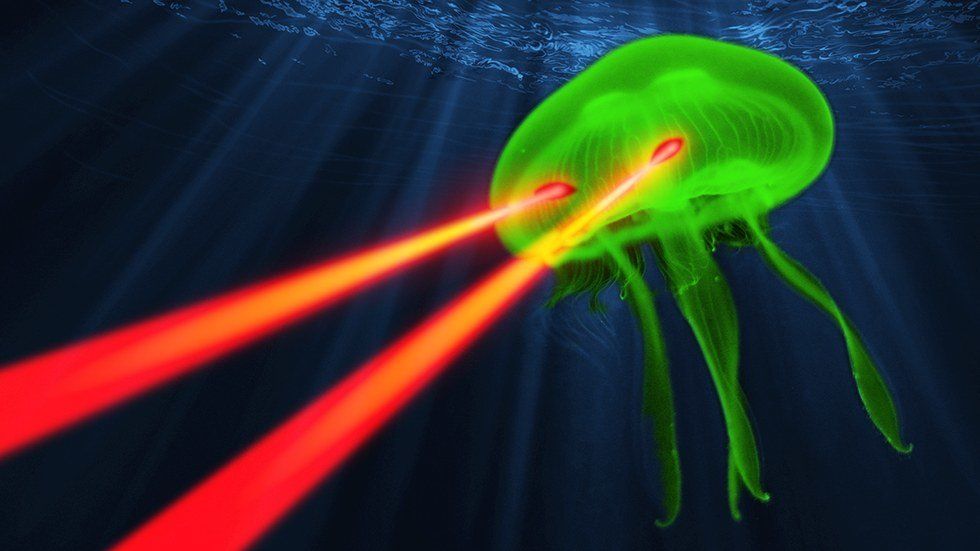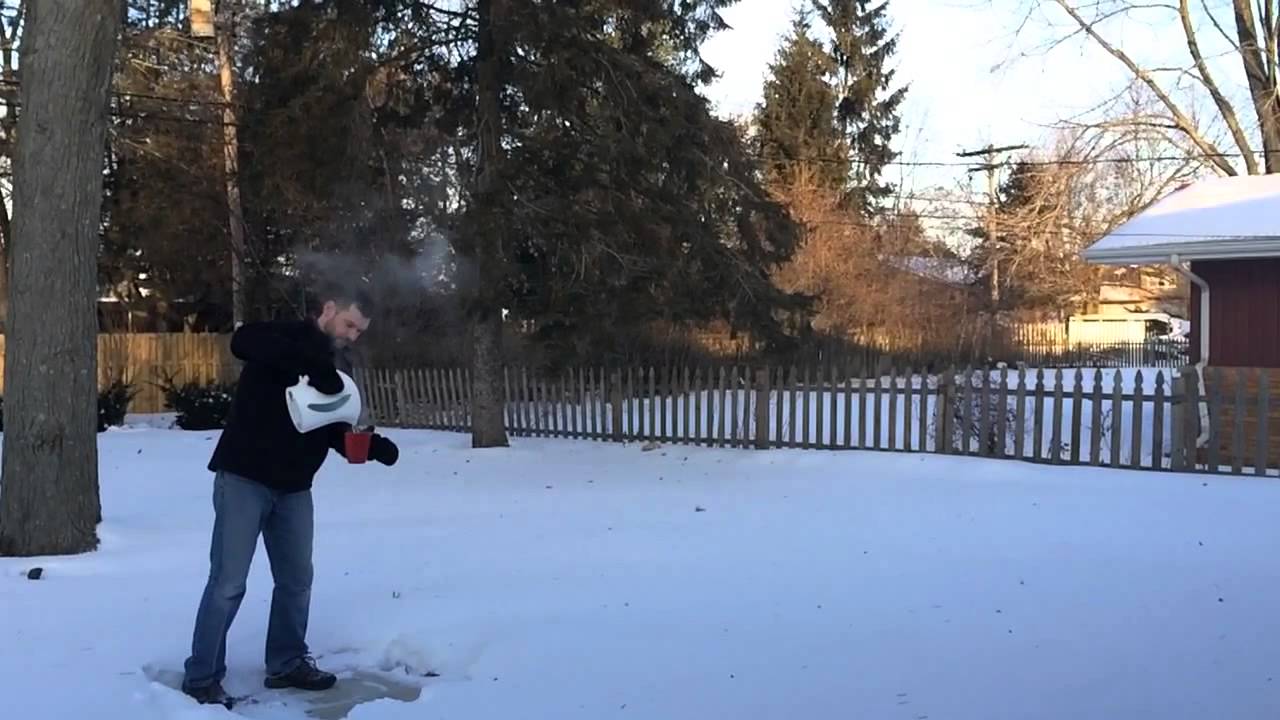THE numbers are stark. Cancer claimed the lives of 8.8m people in 2015; only heart disease caused more deaths. Around 40% of Americans will be told they have cancer during their lifetimes. It is now a bigger killer of Africans than malaria. But the statistics do not begin to capture the fear inspired by cancer’s silent and implacable cellular mutiny. Only Alzheimer’s exerts a similar grip on the imagination.
Confronted with this sort of enemy, people understandably focus on the potential for scientific breakthroughs that will deliver a cure. Their hope is not misplaced. Cancer has become more and more survivable over recent decades owing to a host of advances, from genetic sequencing to targeted therapies. The five-year survival rate for leukemia in America has almost doubled, from 34% in the mid-1970s to 63% in 2006-12. America is home to about 15.5m cancer survivors, a number that will grow to 20m in the next ten years. Developing countries have made big gains, too: in parts of Central and South America, survival rates for prostate and breast cancer have jumped by as much as a fifth in only a decade.
